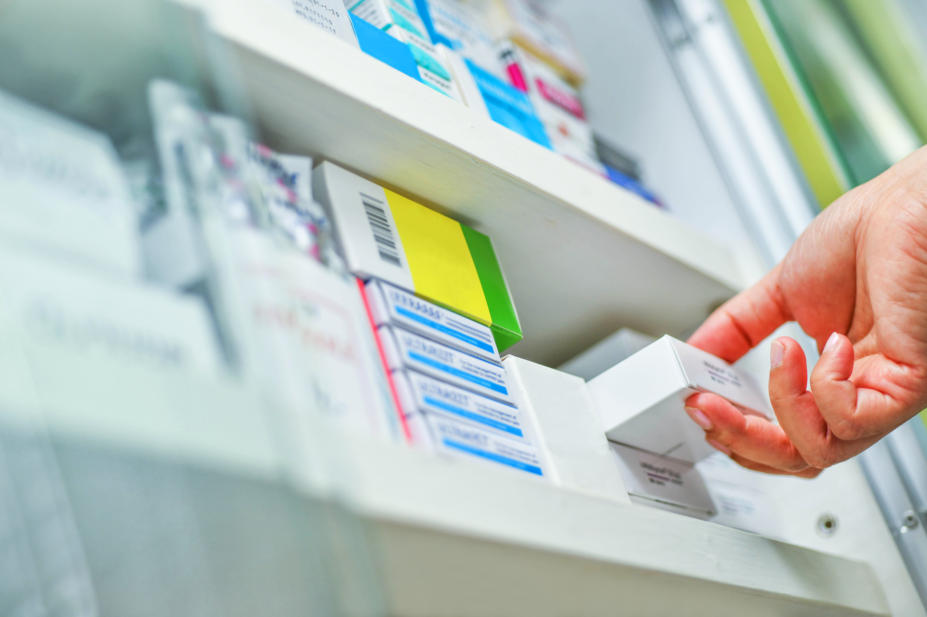
Shutterstock.com
Around a third of acute hospitals reported experiencing “complete outages” for some medicines during the COVID-19 pandemic, according to the sixth national summary report for the NHS Benchmarking Network’s Pharmacy and Medicines Optimisation project.
The report, which collated and analysed data from 98 NHS trusts in England, revealed that some trusts experienced shortages of first-line critical care medicines, including the neuromuscular blocking agents atracurium and cistracurium, and the anaesthetic propofol.
Compilation of the annual report was initially suspended in March 2020 and then resumed following the first wave of the pandemic, with new questions added on how COVID-19 had affected hospitals.
Other drugs listed as being in short supply during the COVID-19 pandemic included noradrenaline, which one trust said they “completely ran out of” in the first week of the pandemic; fentanyl; and the benzodiazepine medicines lorazepam and midazolam.
Some trusts said that shortages were “intermittent” and were managed with pre-emptive action.
The report also highlighted that more than half of organisations extended their pharmacy opening hours in response to the COVID-19 pandemic and 61% of trusts reported that their pharmacy department increased aseptic service provision to increase the supply of ‘ready to administer’ medicines.
The figures in the report also showed that the number of hours spent on wards per week by pharmacists, per 100 beds, had almost doubled in six years, from 56.8 hours in 2013–2014 to 105.1 hours in 2019–2020. It also revealed that the Hospital Pharmacy Medicines Optimisation (HoPMOp) project target for 80% of pharmacists’ work to be in clinical pharmacy was yet to be reached, with 75.8% of pharmacists’ time being devoted to clinical pharmacy in 2019–2020.
The percentage of pharmacists actively prescribing also did not meet the HoPMOp target of 50%. In 2019–2020, 31.8% of pharmacists were reported to be prescribers and, of those qualified to prescribe, the mean percentage of pharmacists routinely prescribing was 60.7%.
In reference to mitigating the risks associated with the use of valproate products, the report revealed that 94% of organisation had an action plan in place; 65% of organisations had a pharmacy system that directed pharmacy teams to check for childbearing potential when dispensing valproate products; and 77% of organisations with electronic prescribing and medicines administration had systems that gave warnings when valproate products were prescribed.
The results from the survey are due to be presented at a virtually held conference later this month.
